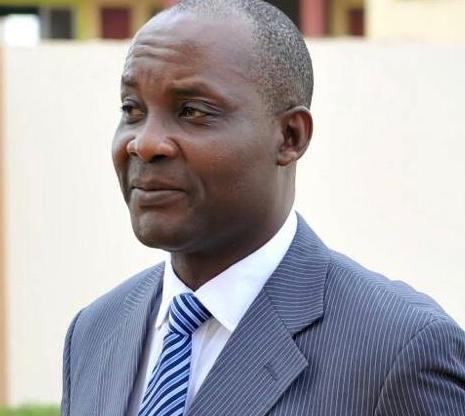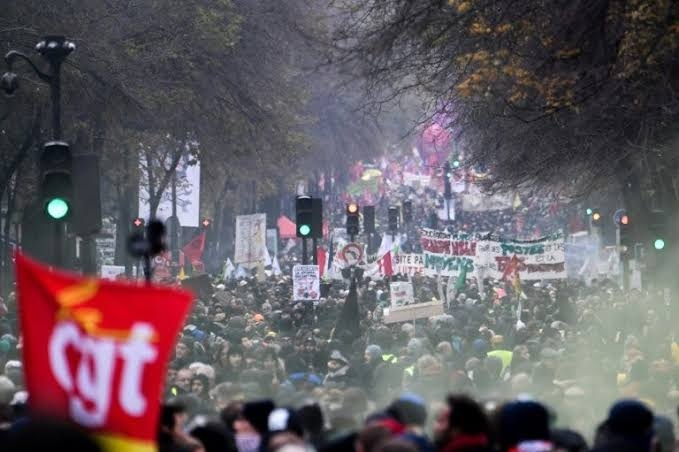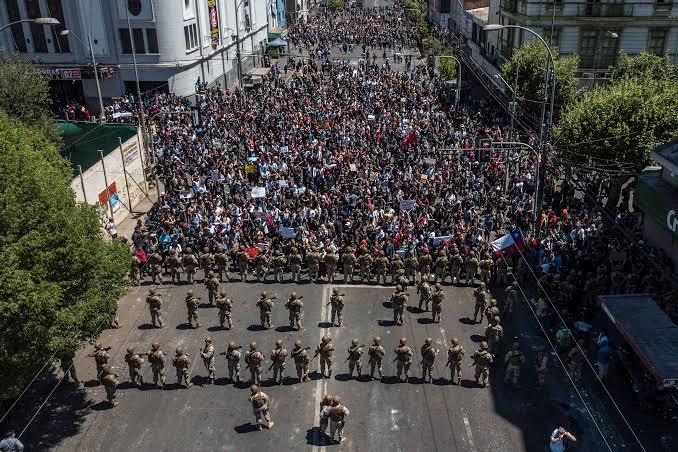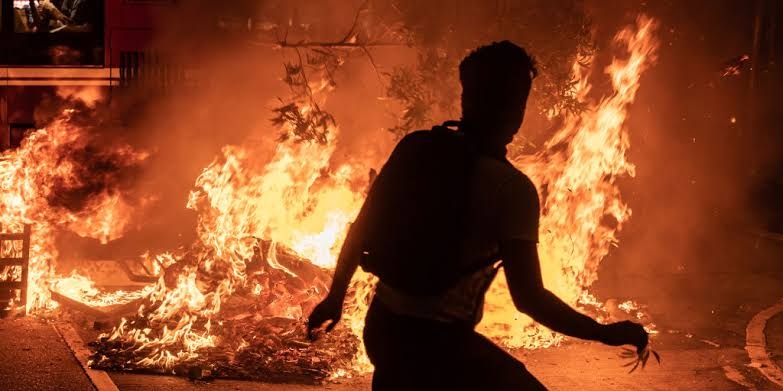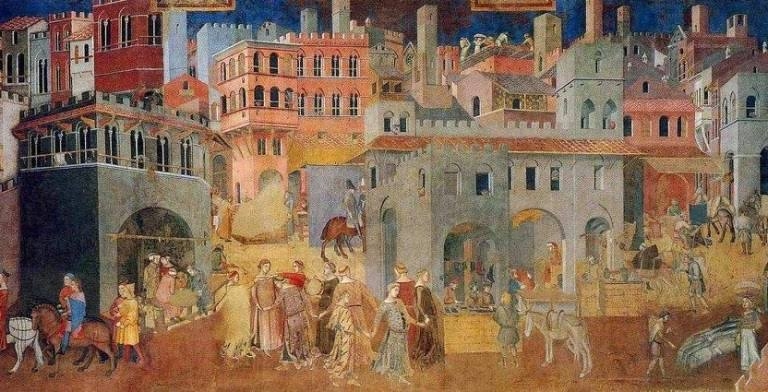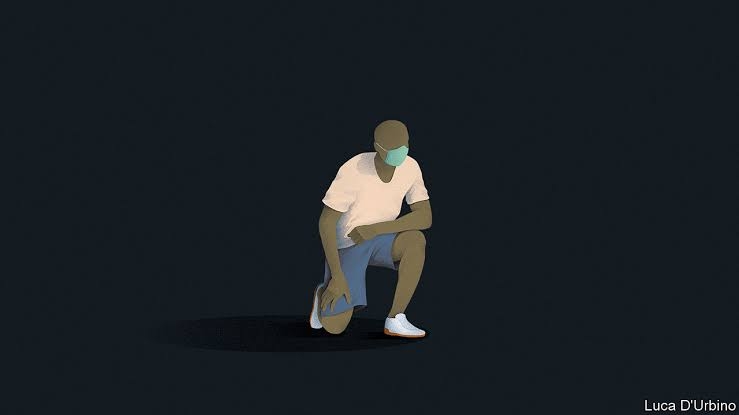It was fiery news when it came. That captain Thomas Sankara of Burkina Faso had been killed in a palace coup d’etat was a news many African patriots, particularly the Burkinabe people, wished was the usual product of sensational news reporting by some frivolous news hunters. But that was a forlorn hope; the deed had been done. Sankara was no more – at least, physically. And it is a year today; a year since Burkina Faso lost a best of its best and brightest.
Sankara, leading a group of young middle-level Burkinable Army Officers, started the tortuous process of breaking with the sordid past when, on August 4, 1983, he captured state power from the reactionary regime of Major Jean-Baptiste Ouedraogo. From then on, the history of Burkina Faso, a landlocked country literally written-off as a wasteland, took on a radical course – the revolutionary path. Within the four years he was at the head of the then ruling National Revolutionary Council (NCR), he effectively mobilized the people for development via socialism. It was largely his personal examples, his demystification of the presidency and his transparent honesty that earned the regime the strong support of the people. As such, Sankara became the soul of the Burkinable revolution.
Although we are mindful of the pitfalls of the cult of personality in the period of revolutionary reconstruction of a society, the reality of history is that in the early part of this reconstruction when there are usually no revolutionary structures for the people to identify with, a symbol is necessary to serve that function. Here, the charisma of the leader(s) of the movement comes in handy. Fidel Castro filled this role in the infancy of the Cuban revolution; Mengistu Haile-Mariam in the case of Ethiopia; and to some extent, Lenin before the consolidation of the Communit Party in the Soviet Union.
Sankara did not attention to the fact that personality cult is ephemeral. It is on this basis that building a potent structure as platform for revolution made sense. However, the permissible time of the structuration of a revolution in the person of its leader is limited. It was to this historical rule that Sankara did not pay enough attention.
The imperative of the speedy creation of popular structures to replace the essentially cult and commandist nature of military juntas, particularly those that aspire to effect popular democracy, was clearly articulated some years ago by Edwin Madunagu in a two-art article titled: “The army as a political party”. To be sure, Sankara tried to effect this mandatory requirement by proposing the transformation of the CNR into a mass party, by taking concrete steps to arm the populace – especially the youth – and by raising the level of revolutionary consciousness in the people. But he rate of implementing those measures lagged behind the impulse of the revolutionary pressures in the country.
And it was this tardiness on the part of Sankara, and the charge of authoritatianism, that Captain Blaise Compraore and his faction in the then CNR proffered as reasons for exterminating his life. While these charges might have been correct, to some extent, the Compraore faction committed a great revolutionary mistake, it not crime, by taking Sankara’s life as a solution to the problem.
The point Compraore and his henchmen missed was aptly drawn by Madunagu when he argued thus: “A popular leader, such as Sankara, can only be produced by and can only emerge in the course of the class struggle of the masses- not outside of it. He or she becomes popular and retains this popularity if, and so long as, he or she symbolizes the aspiration of the masses. Therefore to violently destroy this symbol - whatever the ‘justification’ – is to violently destroy the popular base of that particular revolution. (The Guardian, November 19, 1987)
Reports of events happening in the country since the past one year largely confirm Madunagu’s position above.
While reports have not yet indicated a substantial departure from the path charted by Sankara and his remaining comrades, the new regime has been finding it difficult to maintain the tempo of development in the country. This, of course, is due to the apathy of a large chunk of Burkinababe who feel that their legitimate leader was unjustly cut down. Thus, instead of devoting its time and energy to solving the multitude of problems of underdevelopment in the country, the regime has been chasing real and imaginary enemies. The persistent witch hunting of the Sankara family is a case in point.
Furthermore, the apparent commitment of the Compraore regime to the laudable programmes started by Sankara presents a paradox. On the one hand, it shows that the supposed differences between Sankara and Compraore were not fundamental nor were they of principles, but largely personal.
On the other hand, it can serve as a basis for forgiving the perpetrators of the unfortunate incident; for no honour is greater to the memory of a departed hero than continuing with the legacies he left behind.
The Guardian, Nov. 1987

